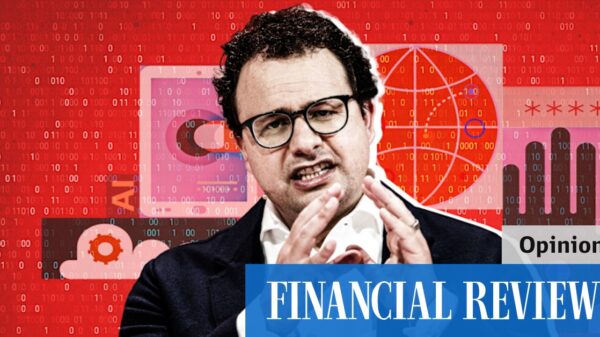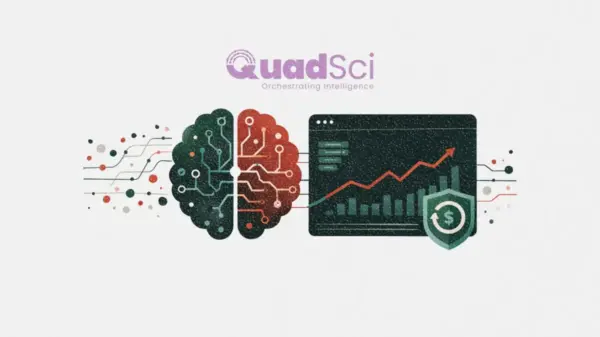At a recent Axios event, Clem Delangue, co-founder and CEO of Hugging Face, presented a critical perspective on the state of large language models (LLMs), suggesting that the current market is experiencing what he termed an “LLM bubble.” Delangue predicted this bubble could burst as soon as next year. He emphasized that while LLMs, such as those utilized by ChatGPT and Gemini, are significant, they comprise only a subset of the broader artificial intelligence (AI) landscape, which includes applications in biology, chemistry, and media formats like image, audio, and video.
Delangue articulated a vision for the future of AI that moves beyond the singular focus on LLMs. He noted that the industry’s obsession with developing one large model capable of addressing all problems is misguided. Instead, he foresees a shift towards the adoption of smaller, more specialized models tailored to specific tasks. “All the attention, all the focus, all the money, is concentrated into this idea that you can build one model through a bunch of compute and that is going to solve all problems for all companies and all people,” he stated. This perspective underscores an emerging ethos in AI, favoring customization over generalization.
Future Trends in AI Model Development
As an illustrative example, Delangue pointed to the use of AI in banking, particularly in chatbots designed for customer service. He suggested that these tools do not require the vast capabilities of an LLM; rather, a smaller, specialized model would be more efficient, cost-effective, and easier to implement within an enterprise’s existing infrastructure. This shift towards specialized models is anticipated to be pivotal for future AI applications.
While acknowledging that a potential decline in LLM valuations could impact Hugging Face, Delangue reassured that the broader AI ecosystem remains resilient and diversified. This diversification means that issues affecting one segment, such as LLMs, are unlikely to devastate the entire industry or Hugging Face’s operations. Currently, Hugging Face retains half of its $400 million in raised capital, positioning itself as a financially prudent player within the AI landscape, especially when compared to competitors spending “billions of dollars” on LLM development.
Delangue’s insights reflect a broader cautionary approach within the AI sector. He noted that many companies appear to be rushing towards short-term gains, often at the expense of long-term sustainability. With 15 years of experience in AI, Delangue insists that Hugging Face is committed to building a “long-term, sustainable, impactful company for the world.” This approach contrasts sharply with the practices of some peers, who may be prioritizing immediate returns over strategic growth.
In conclusion, as the AI industry navigates its way through the complexities of LLMs and their applications, Delangue’s perspective offers a crucial reminder of the importance of diversification and specialization within AI technologies. By focusing on tailored solutions rather than one-size-fits-all models, companies like Hugging Face are not just weathering the potential LLM bubble, but are also poised to lead in a future where AI serves a multitude of specific, impactful functions across various sectors.
See also Uber Faces Legal Pressure to Halt AI-based Pay Systems Amid Driver Income Concerns
Uber Faces Legal Pressure to Halt AI-based Pay Systems Amid Driver Income Concerns Google Launches Gemini 3 with Enhanced Contextual Thinking and Free Access for Students
Google Launches Gemini 3 with Enhanced Contextual Thinking and Free Access for Students Trump Leverages $1 Trillion Saudi Investment to Boost AI Economy Amid Market Concerns
Trump Leverages $1 Trillion Saudi Investment to Boost AI Economy Amid Market Concerns IBM Integrates Consulting Advantage into Microsoft Copilot, Saving 250,000 Hours Annually
IBM Integrates Consulting Advantage into Microsoft Copilot, Saving 250,000 Hours Annually Yann LeCun Leaves Meta to Launch AI Startup Focused on Advanced Research and Memory
Yann LeCun Leaves Meta to Launch AI Startup Focused on Advanced Research and Memory


































































